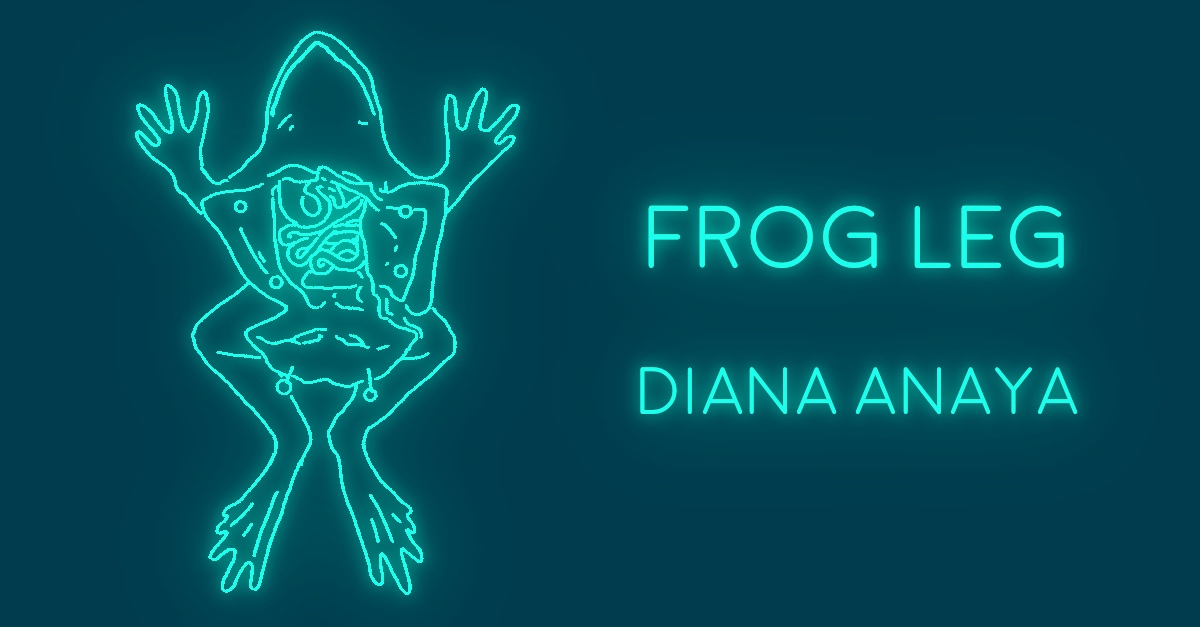
FROG LEG by Diana Anaya
Frogs are thought to have a simplified version of our anatomy, which makes them all the more reasonable subjects for high school dissections.

Frogs are thought to have a simplified version of our anatomy, which makes them all the more reasonable subjects for high school dissections.
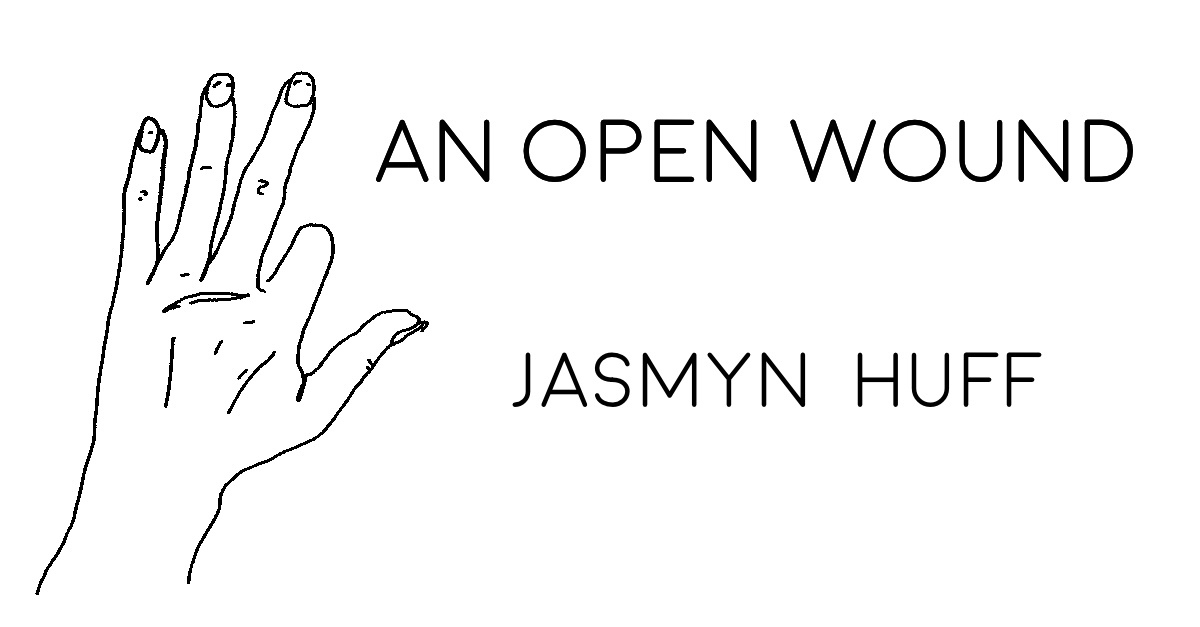
What’s it like to die? To stop being. Gone in a moment, carried away on the wind. Does it hurt?
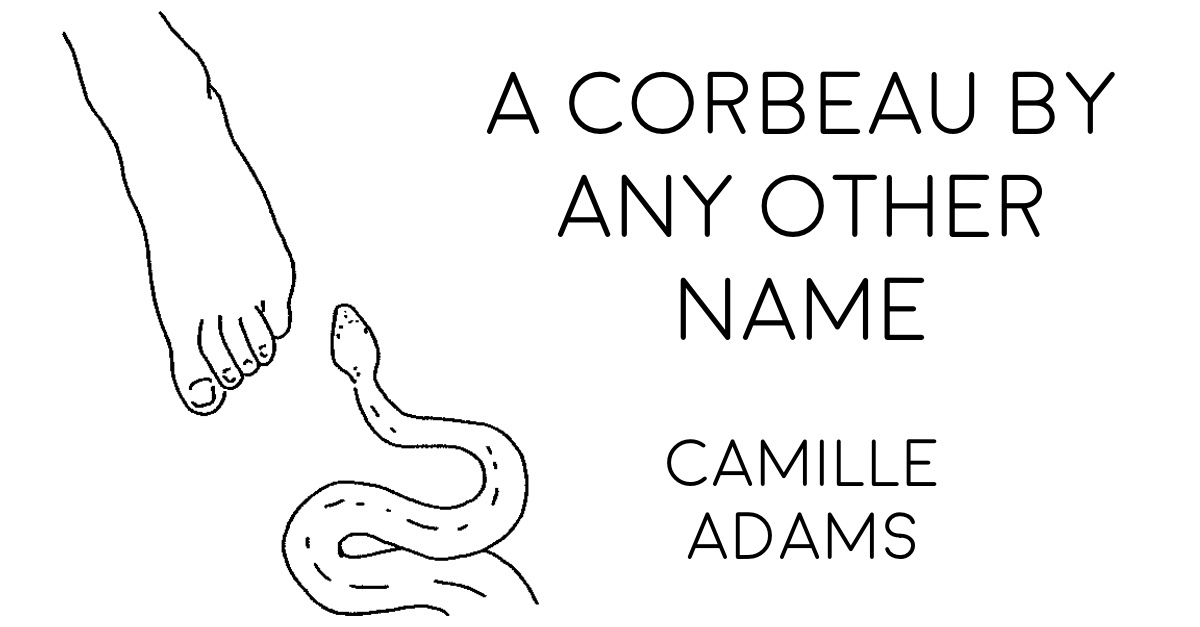
How a mother could be so? Why when she’s in the same room with me I feel swallowed up by a heavy coat pulling me down?
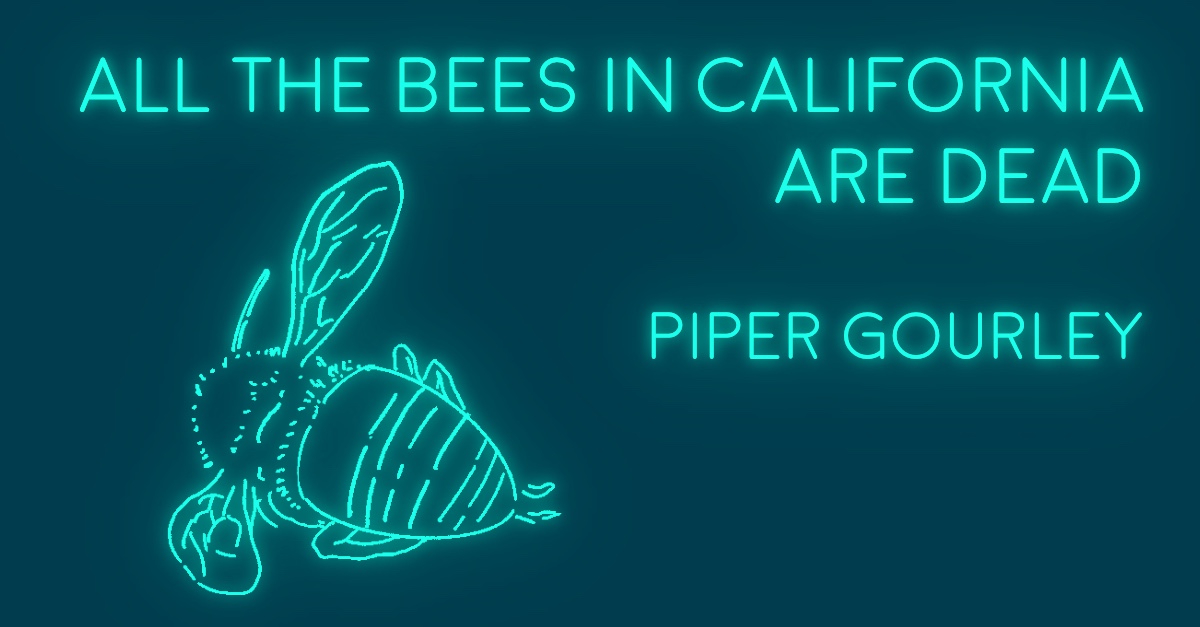
I’m in California now, where bees die in the light. Where everybody dies first, then lives forever.
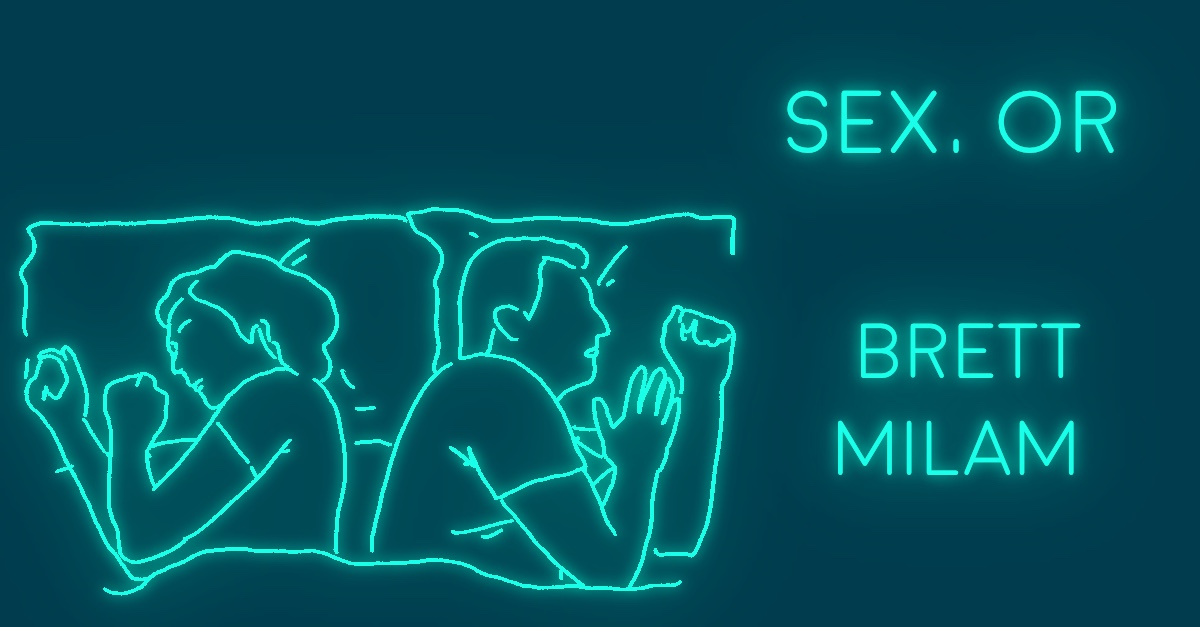
Unbeknownst to you, you were in a ménage à trois with me and depression and I was only able to pleasure one of you.
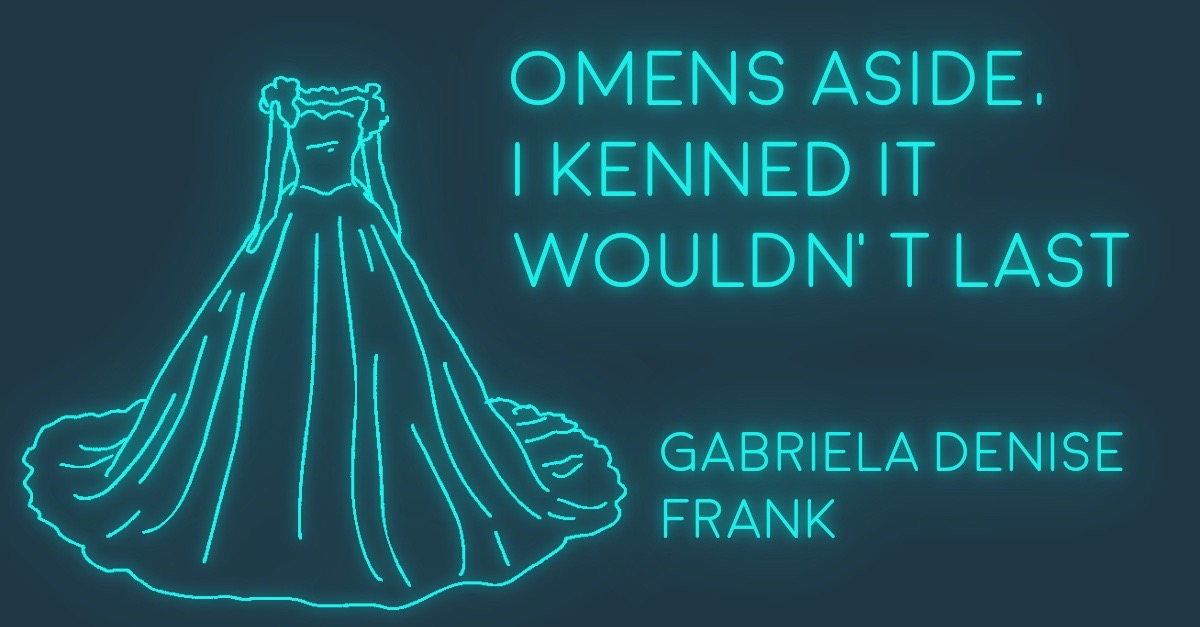
The chugging train slowed, then sighed to a halt over the England-Scotland border, the so-called station a mere strip of platform engulfed in endless verdant meadow dotted with clots of creamy sheep.

Why waste energy saying you know what I mean in five separate words when you can smush them together and let them fall off the tongue like your drunk ass down the stairs after several bottles of MD 20/20?
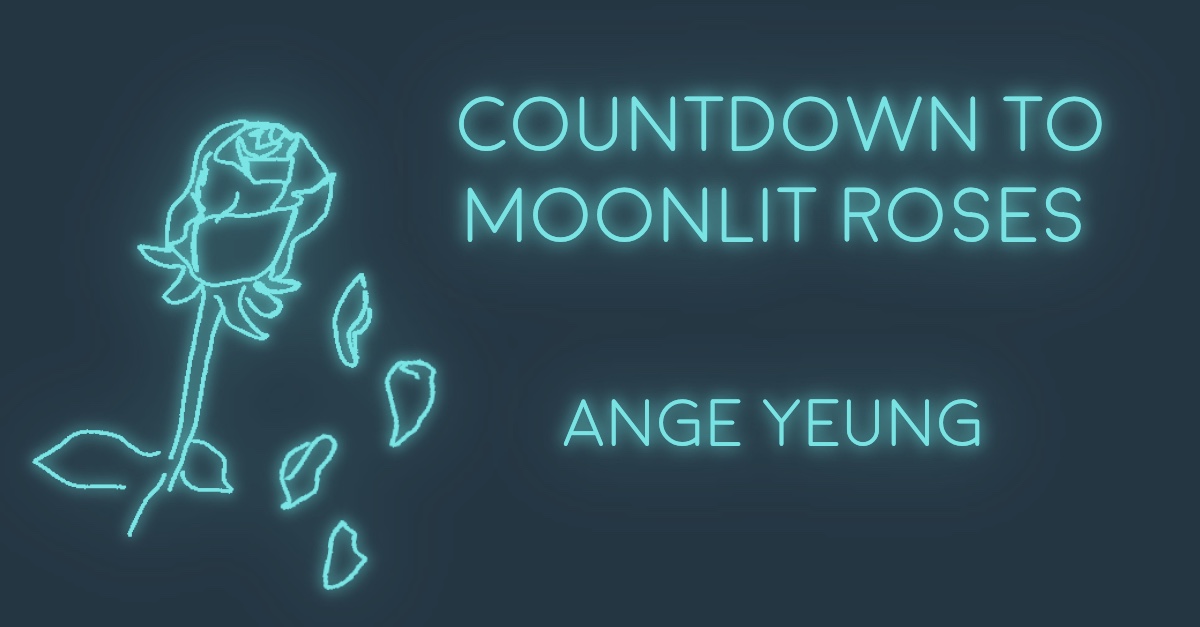
I am lost in a sky of turbulence and haze—and to be lost is to never be home. Today is the first day of the year; it is also the first year you are not around.
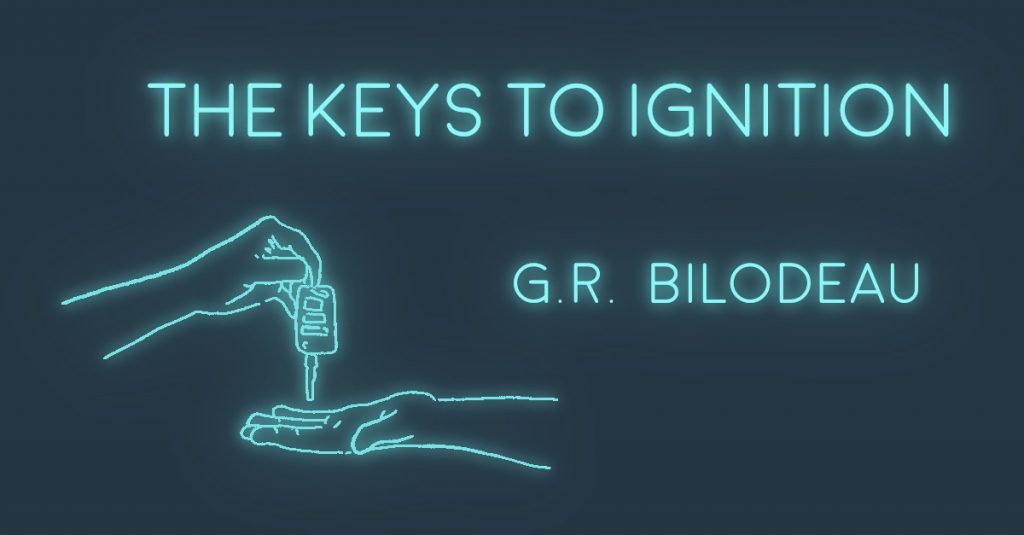
I gripped a dirty pint. Sometimes I hold a glass and feel the urge to grip it till it breaks. This was one of those times.
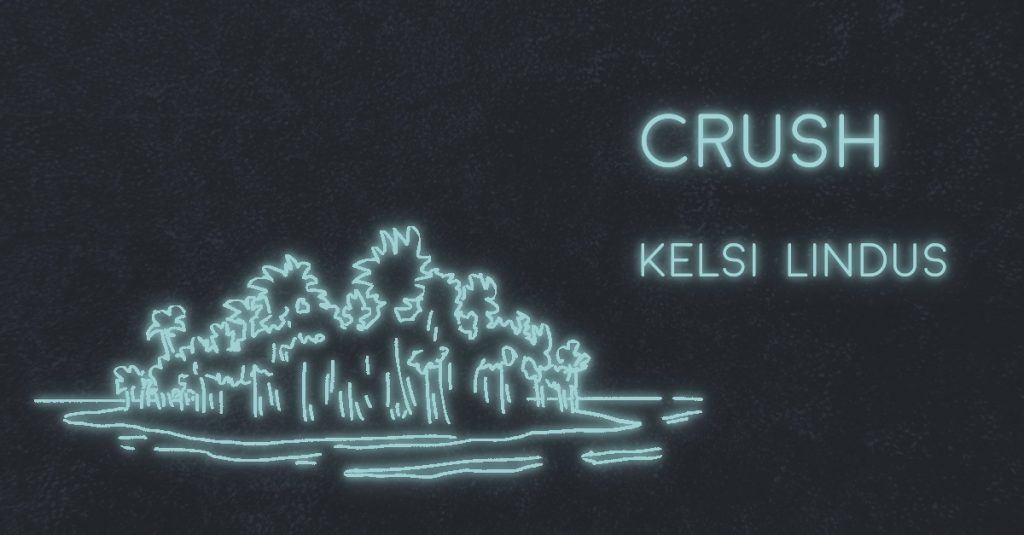
On the white sand, I stand with a man who doesn’t love me and we watch a bald eagle–big as a boy–bent over something bloody.